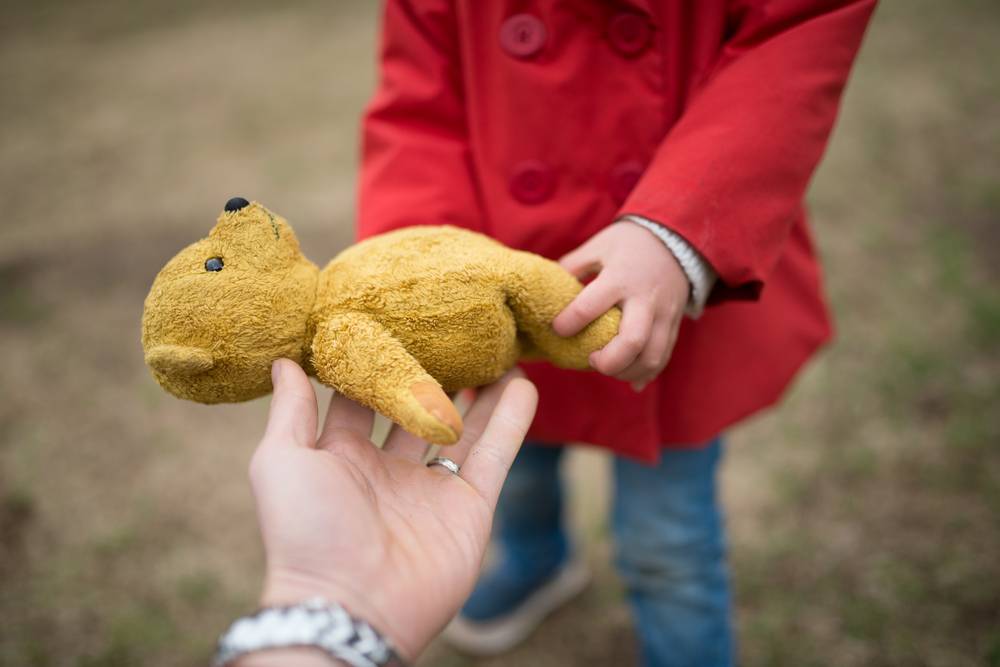As parents, good discipline is one of the most important traits that we all want our children to inculcate. Good discipline has become so important in today’s world that parents keenly look forward to see it in their children. Good behavioural traits, to a very extent, are the guarantee of a social, smart and friendly child. Since we live in societies where we interact with our neighbours and relatives on regular basis, we want our children to behave well in their presence. Because every time they misbehave, our respect goes a little down.
In the modern world that we live in, good behaviour is directly associated with family values. The way children behave goes to show what kind of a family they belong to. But since we can’t fully control children, we should not expect perfection and need to leave some scope for misbehaviour as well. In such a situation, what become important is that we handle misbehaviour well. Because no parent intentionally wants her / his child to make misbehaviour a habit. So how a parent manages this situation without making a mistake becomes vital. Here we provide you with the seven most common discipline mistakes parents usually make.
- Public scolding: Scolding children in front of an audience never yields good results. Even if your child behaves like you taught her / him no manners at all, public shaming should not be done as it will only make things worse. When scolded in public, children take things to heart and handling them becomes harder.
- Taking it personally: Children can never be fully disciplined, no matter how much or how well you teach them. That’s what differentiates them from adults. As a parent you have to understand and accept that. Whenever your child misbehaves, don’t take it personally or blame yourself. Remember that children are not as composed as adults. So the next time your child behaves out of discipline, rather than taking it personally, just focus on providing a solution.
- Comparing: One thing children hate the most is a comparison with other children. Even adults hate to be compared with others. So no matter how bad your child behaves, try not to compare her / him with other children. Children usually behave out of discipline when they are under stress, confused, angry or just don’t know how to behave. In such a state of mind, a comparison with others is something they are unable to handle. As a result, they tend to misbehave more.
- Freaking out: If your child is misbehaving already, then you must be the one behaving properly. A child’s bad behaviour, especially in public, tends to drive a parent crazy. Because the way children behave is usually considered the way they are brought up. So it directly poses a question on a parent’s parenting techniques. And when a parent loses her / his temper too, things get out of hands quicker. So try to stay calm for as long as you can when your child misbehaves.
 Bribing: Bribing children to behave properly is the worst thing that a parent can do. What parents need to understand about bribing is that it does not inculcate good discipline in children. It only suppresses bad discipline for some time. You will never know when bribing will become a practice and your child will expect it all the time. Especially at social gatherings or family outings, your child will look forward to the bribe that she / he will be getting just to behave well. So never lure your child with candies, money or toys to behave well. This might turn out to be a bad idea after a while.
Bribing: Bribing children to behave properly is the worst thing that a parent can do. What parents need to understand about bribing is that it does not inculcate good discipline in children. It only suppresses bad discipline for some time. You will never know when bribing will become a practice and your child will expect it all the time. Especially at social gatherings or family outings, your child will look forward to the bribe that she / he will be getting just to behave well. So never lure your child with candies, money or toys to behave well. This might turn out to be a bad idea after a while.- Trapping in guilt: Tricking children into a guilt trap is one thing that almost never works. Guilt traps are for adults, not children. Children want to make the most of the moment and don’t think about the outcome of their actions. So next time you say to your child “Because of you I lose my respect in front of my friends”, remember that it’s not going to bring any positive repercussion. Or it might backfire when your child says “So I am not allowed to have fun for the sake of your respect?” Rather than planning a guilt trap, tell your child about the consequences of her / his bad behaviour affecting all of you.
 Lecturing endlessly: Lectures belong to the classroom and not make for a good discussion at home. Especially when a child is at the receiving end of it. Constant lecturing about bad behaviour makes children repulsive and they pay no attention to it. Lecturing never results into learning. So rather than just lecturing your child about bad behaviour, find the right reasons behind her / his bad behaviour and address it with a more productive approach.
Lecturing endlessly: Lectures belong to the classroom and not make for a good discussion at home. Especially when a child is at the receiving end of it. Constant lecturing about bad behaviour makes children repulsive and they pay no attention to it. Lecturing never results into learning. So rather than just lecturing your child about bad behaviour, find the right reasons behind her / his bad behaviour and address it with a more productive approach.
Bad behaviour is, after all, not so bad for children. Simply because they are not fully aware of the social norms. They want to have fun even if it comes at some cost or misbehaviour. So the responsibility of their actions lands directly on a parent’s shoulders. Depending upon the degree of misbehavior, the approaches suggested above will definitely help parents take the right course of action. Try out a few options before you know which approach works the best and helps your child behave better.







